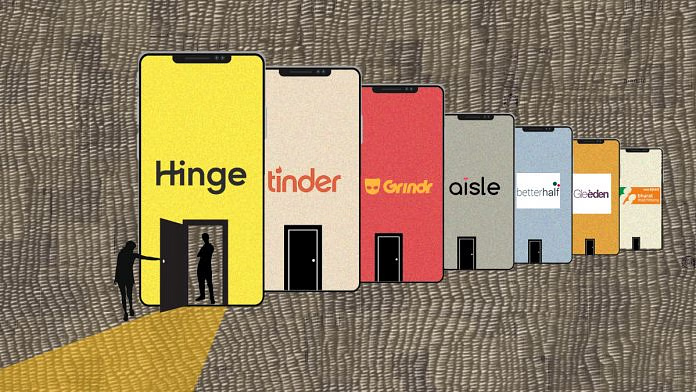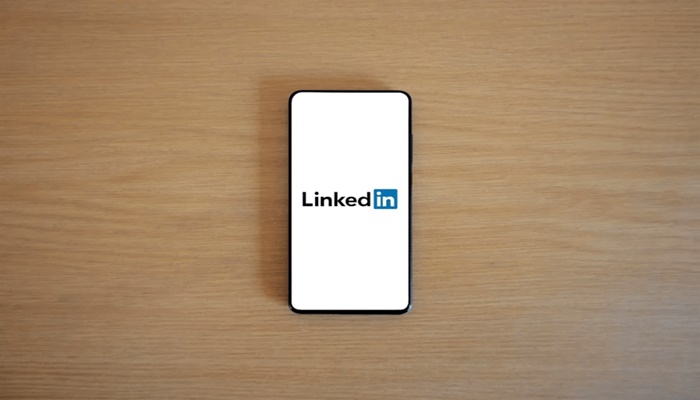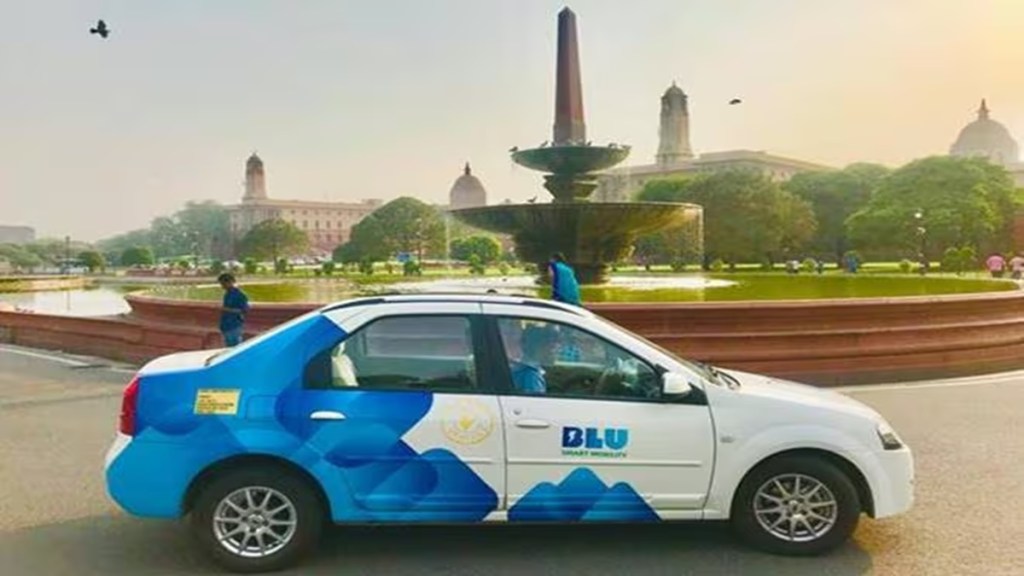Helios Capital Founder and CIO Samir Arora has questioned the prevailing optimism around AI-driven job transitions, arguing that the so-called “new jobs” created by automation could be just as vulnerable to disruption. His remarks sparked a conversation on social media around the limits of mid-career reskilling, corporate inertia, and the political economy of AI-led productivity.
“I have a philosophical question about IT jobs. People say that work will not be reduced because employees will become more productive and therefore some of them can do different/higher value jobs,” he wrote on X. “My question is that why will these new jobs not get disrupted by AI plus/minus some time. Why will only current job get disrupted but not the new ‘potential’ job? How many % of people can actually, mid-course, learn and adapt for these new jobs anyway.”
Author Sathish responded by citing corporate resistance to deep AI integration. “If you read McKinsey’s report on the impact of AI, they say that maximum benefit of AI comes to a business only when they can reimagine their processes with AI…if not, making AI a tool gives only 20pc savings at best,” he said.
“Tell me, how many big corporate CEOs are ready to re-imagine their complete processes to gain the 40 to 60 pc gains that McKinsey says can come with AI. This extremely cautious behavior of executives is why still so many large banks in the US have mainframes.”
To this, Arora replied, “First to be disrupted will be Mckinsey.” Sathish agreed, “Yes, consulting firms are easier to disrupt as they are not running anything.”
The IMF has warned that roughly 40% of jobs worldwide — and up to 60% in advanced economies — are exposed to AI-driven transformation. While some roles will be complemented by AI, many could face reduced demand or disappear entirely.
The thread echoes similar concerns flagged earlier by Zoho founder Sridhar Vembu. In a post last month, Vembu wrote: “On the subject of AI and jobs: Hypothetically, if all software development were to be automated — I want to emphasize that we are nowhere close to that goal — and all software engineers such as myself are out of work, it is not like human beings will have nothing to do. The problem is purely economic — how do people afford all the goods that pour out of automated factories that employ no workers?”
Vembu suggested two possible outcomes: “1. The price of all the robot made goods and all the AI-made and AI-supported software would drop massively and be close to zero or zero. Breathing air costs us zero and we don’t complain about it!
The remaining things humans do may get paid well — as an example, taking care of children, home cooked meals, nursing sick people, priests that minister to people, people who take care of soil health, water health, crop health and cattle health (we used to call them farmers), forest restoration specialists, local live performing musicians and so on may get paid much more and that circulates income widely enough for people to afford the goods pouring out of highly automated factories.”
He added, “This is fundamentally an economic distribution problem, a problem of political economy and not purely a technological problem. One key part is for governments to crack down on monopolies, particularly tech monopolies. Only that will ensure that the prices of goods reflect the very low cost of production arising from AI and automation. There will be at least one country in the world that would get the political economy right.”




















